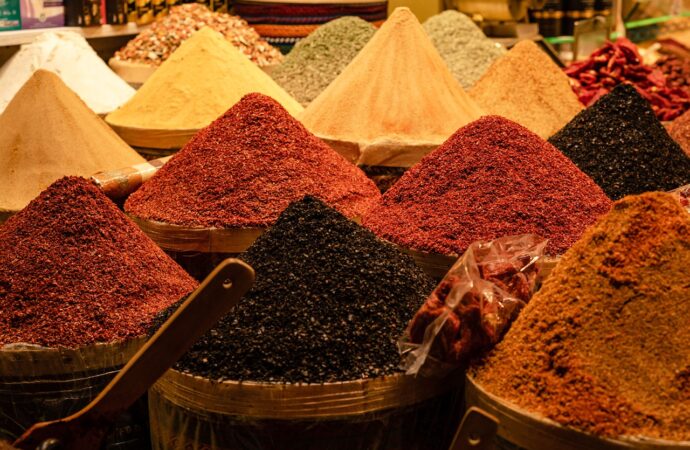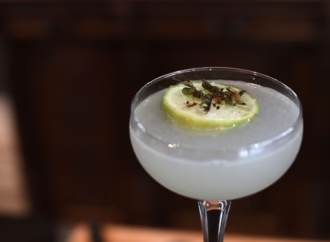Introduction
Spices have long been an integral part of culinary traditions, adding flavour, aroma, and depth to dishes across cultures. However, recent developments have cast a shadow over the safety of some well-known spice brands. In the vibrant state of Rajasthan, authorities have raised serious concerns about the quality and potential health risks associated with spices produced by MDH (Mahashian Di Hatti) and Everest. The state of Rajasthan has recently raised concerns about the safety of popular spice brands MDH and Everest. After conducting tests, Rajasthan authorities found some spices from these brands to be “unsafe” for consumption. This discovery comes amid global scrutiny of the brands due to alleged contamination in their products.
Background
- In April, Hong Kong suspended sales of three spice blends produced by MDH and one by Everest after detecting high levels of a cancer-causing pesticide called ethylene oxide. This triggered investigations by regulators in India and other countries.
- Singapore also ordered a recall of the Everest mix, while New Zealand, the United States, and Australia expressed interest in examining the issues.
- Britain implemented additional controls on all spices imported from India.
Rajasthan’s Findings
- Rajasthan health officials tested samples of various spices and identified a batch of Everest spice mix and two MDH spices as “unsafe.”
- The batches in question were produced in Gujarat and Haryana, where MDH and Everest operate. The state authorities recommend prompt action to address the issue.
- Regulatory Oversight and Quality Checks:
- The Food Safety and Standards Authority of India (FSSAI) should closely monitor the production and distribution of spices by these brands.
- Regular inspections, quality checks, and adherence to safety standards are essential to prevent contaminated spices from reaching consumers.
- Public Awareness and Education:
- Consumers need to be informed about the issue and encouraged to make informed choices.
- Awareness campaigns can highlight safe practices for selecting and using spices in cooking.
- Collaboration with Brand Manufacturers:
- MDH and Everest should collaborate with regulatory authorities to ensure compliance with safety guidelines.
- Transparent communication with consumers about safety measures is crucial.
Conclusion
While MDH and Everest maintain that their spice mixes are safe for consumption, the recent findings underscore the need for rigorous quality checks and regulatory vigilance. Consumers should stay informed about food safety and rely on trusted sources when choosing spices for their meals.
 Food Manifest
Food Manifest 















